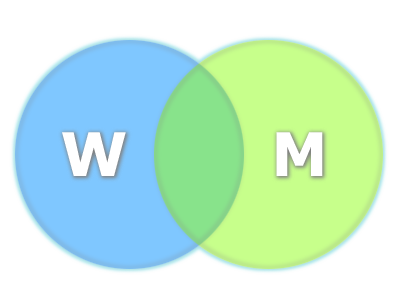I was about to read Tom Slee‘s book review about Akerlof and Kranton’s Identity Economics and in the very introduction there was this summary of the individualism X collectivism issue (so i felt compelled to type down some of my own thoughts about this before i allowed the review’s ideas to contaminate my thinking. Maybe after i read it, i’ll make a second post):
For the fifty years since Gary Becker first applied economic techniques to social issues such as dysfunctional families and crime, the social sciences have been inhabited by two solitudes, seemingly incapable of communication. Sociologists and cultural theorists talk of ideology, identity, hegemony and discourse; economists deal in rational choice, individual tastes, incentives and the mathematics of game theory. Sociologists suggest that society shapes the individual; economists that individual traits shape society. Many economists come from a right-wing and market-friendly outlook; mainstream sociology has a more left-wing perspective.
My first reaction is: BOTH! Individuals shape collectives at the same time that they are being shaped by other collectives. Nowadays we are almost always involved in games consisting of so much more than one individual and one collective: Not feedback loops, but feedback mazes. And still, there is asymmetry between individual and society and we can ask: How does this difference work? My answer is context-setting. Read More »
